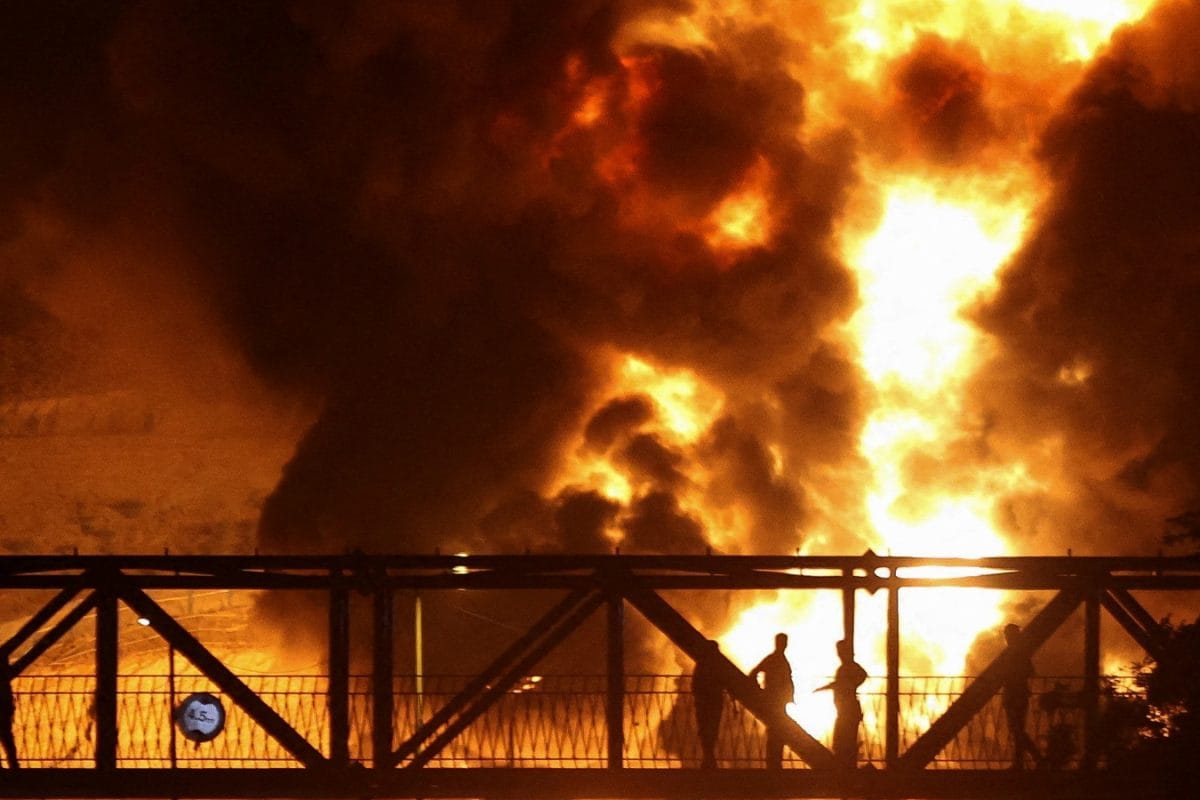

Amidst escalating tensions in West Asia, India has issued a new advisory urging its citizens to avoid non-essential travel to Iran and to exercise caution in Israel. This decision follows heightened regional instability, exacerbated by recent strikes between Israel and Iran and comes in the wake of calls for de-escalation and citizen safety.
The advisory reflects India's growing concern over the deteriorating security landscape in the region. The Ministry of External Affairs (MEA) has stated that it is closely monitoring the situation and has reiterated its call for restraint from all parties involved. The primary concern is to ensure the safety and well-being of Indian nationals residing in or traveling to these countries.
For Indian citizens currently living in Iran, the advisory urges vigilance and close contact with the Indian Embassy in Tehran. Similarly, Indians in Israel are advised to stay informed of local safety protocols, avoid unnecessary travel, and remain close to bomb shelters. These measures are precautionary, designed to mitigate potential risks in a rapidly changing environment.
This advisory arrives at a particularly sensitive time, with geopolitical tensions already strained. The situation has been further complicated by recent statements and actions from various international actors, adding layers of complexity to an already volatile region. The potential for miscalculation or escalation remains a significant concern.
India's approach is multifaceted. While prioritizing citizen safety through travel advisories, New Delhi is also actively engaged in diplomatic efforts to promote de-escalation and dialogue. External Affairs Minister S. Jaishankar has held discussions with key counterparts, including US Secretary of State Antony Blinken, to address the crisis and explore avenues for peaceful resolution. India has consistently emphasized the importance of addressing all issues through dialogue and diplomacy, underscoring its commitment to peaceful solutions.
The economic implications of the West Asia crisis are also a significant consideration for India. The region is a crucial source of energy and hosts a large Indian diaspora. Any disruption to stability could have far-reaching consequences for India's energy security, trade, and the welfare of its expatriate community.
Furthermore, the recent disruption of flight operations through West Asian airspace has directly impacted India. Several flights bound for the region have been canceled, delayed, or diverted, affecting travel between India and Europe. The Delhi airport issued an advisory regarding the impact on flight schedules, urging passengers to contact their respective airlines for updates.
Looking ahead, India will likely maintain a proactive and balanced approach. This includes close monitoring of the security situation, active diplomatic engagement, and practical measures to protect its citizens and interests. The situation remains fluid and requires constant evaluation and adaptation.